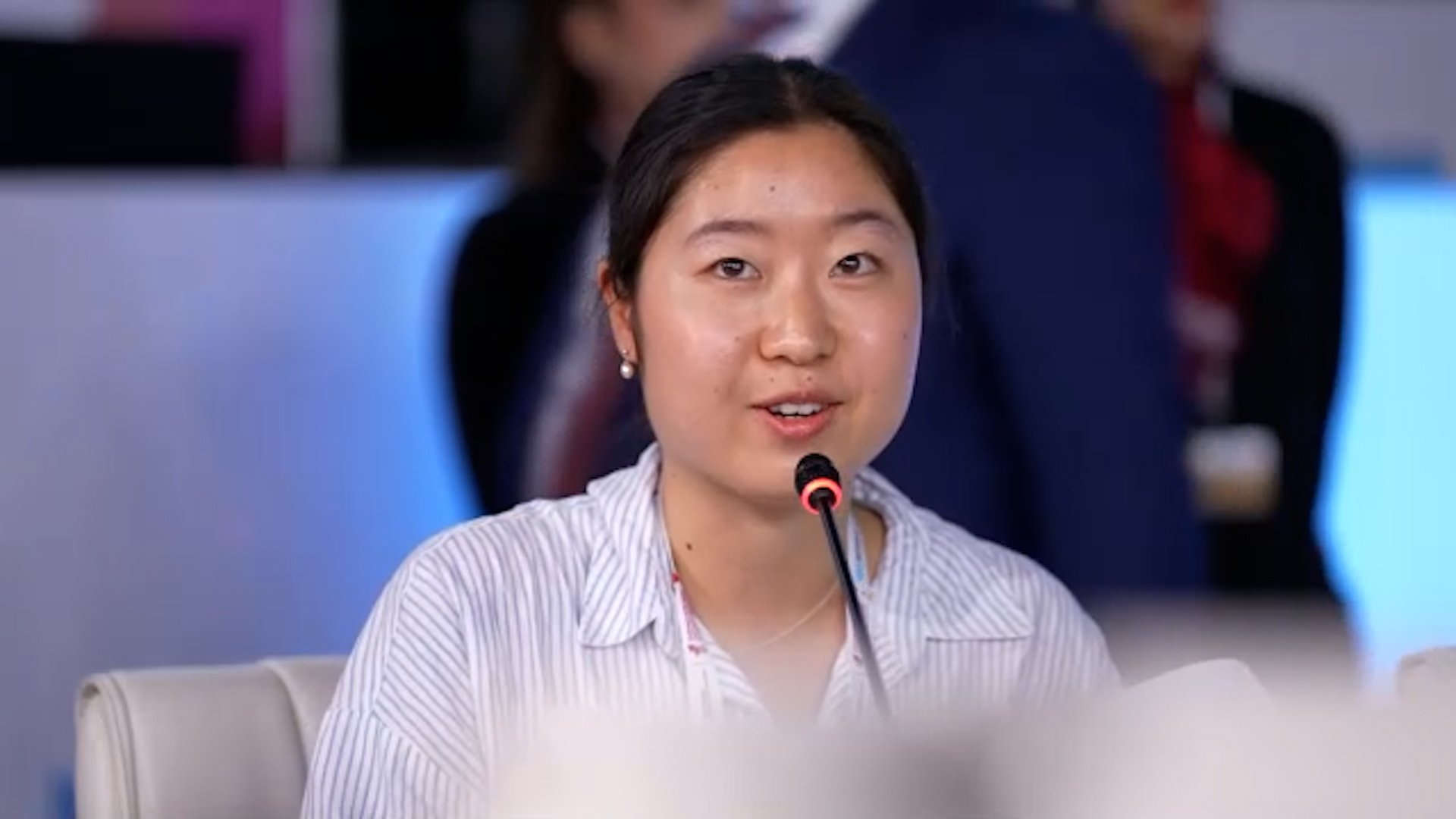Introduction: A Global Watchdog for Global Markets
The world’s financial markets are more interconnected than ever. A fraudulent accounting scheme in a company based in Europe, a bribery scandal involving a firm in Asia, or an insider trading ring operating from South America can directly harm investors in the United States. Recognizing this reality, the U.S. created a powerful and globally-reaching tool to police its markets: the SEC Whistleblower Program.
Established by the Dodd-Frank Act of 2010, this program extends a powerful invitation to individuals all over the world. It provides a secure, confidential, and financially rewarding path for you to expose securities fraud, regardless of your citizenship or location.
You do not need to be a U.S. citizen or reside in the U.S. to be a whistleblower. If you have knowledge of misconduct that violates U.S. securities laws, this program was designed to empower and protect you. It is a testament to the principle that a threat to market integrity anywhere is a threat to investors everywhere. This guide will walk you through exactly how you can use this program to safely bring the truth to light.
Financial Awards: A Powerful Incentive for Truth
The SEC Whle program doesn’t just ask you to do the right thing; it provides a substantial financial incentive for the significant professional and personal risks you take.
If you voluntarily provide original information that leads to a successful SEC enforcement action with monetary sanctions exceeding $1 million, you are legally entitled to a financial award.
- Award Amount: The award is between 10% and 30% of the total money collected from the wrongdoers.
- No Harm to Investors: These awards are not paid from money that would otherwise go to harmed investors. They are paid from a separate investor protection fund established by Congress, which is financed entirely by the penalties paid by the securities law violators themselves.
- Global Payouts: The SEC has a proven track record of paying awards to whistleblowers living outside the United States.
Financial Awards: A Powerful Incentive for Truth
The SEC Whle program doesn’t just ask you to do the right thing; it provides a substantial financial incentive for the significant professional and personal risks you take.
If you voluntarily provide original information that leads to a successful SEC enforcement action with monetary sanctions exceeding $1 million, you are legally entitled to a financial award.
- Award Amount: The award is between 10% and 30% of the total money collected from the wrongdoers.
- No Harm to Investors: These awards are not paid from money that would otherwise go to harmed investors. They are paid from a separate investor protection fund established by Congress, which is financed entirely by the penalties paid by the securities law violators themselves.
- Global Payouts: The SEC has a proven track record of paying awards to whistleblowers living outside the United States.
Your Shield: Anonymity and Anti-Retaliation Protections
For most international whistleblowers, confidentiality is the primary concern. The SEC program was built with robust protections to shield your identity and career.
Reporting Anonymously
This is the most critical feature for international whistleblowers. The SEC program allows you to submit a tip and pursue a claim completely anonymously. However, to do so, you must be represented by a U.S.-based attorney.
Here’s how it works:
- You Hire an Attorney: You retain a U.S. lawyer who specializes in SEC whistleblower cases.
- The Attorney Acts as Your Intermediary: Your lawyer will file the official tip (Form TCR) on your behalf, without including your name or identifying details.
- All Communication is Shielded: The SEC will communicate exclusively with your attorney throughout the investigation. Your identity remains protected and is not disclosed to your employer or the company you are reporting.
- Claiming an Award Anonymously: Even the award can be processed through your attorney to maintain your confidentiality.
Protection Against Retaliation
The Dodd-Frank Act also provides powerful anti-retaliation protections. It is illegal for an employer to fire, demote, harass, threaten, or discriminate against an employee for providing information to the SEC or assisting in an investigation. If an employer retaliates, the whistleblower may be entitled to remedies such as reinstatement, back pay, and other damages. While enforcing these protections across international borders can be complex, the legal prohibition itself serves as a significant deterrent.
What to Report: Common Types of Securities Fraud
The SEC’s jurisdiction is broad and covers any fraudulent activity related to the buying or selling of stocks, bonds, and other securities. Common violations reported by international whistleblowers include:
- Accounting Fraud: Manipulating financial statements to deceive investors about a company’s performance.
- Foreign Corrupt Practices Act (FCPA) Violations: Bribing foreign government officials to obtain or retain business. This is a very common claim from international whistleblowers.
- Insider Trading: Trading securities based on confidential, non-public information.
- Market Manipulation: Artificially inflating or deflating the price of a security (e.g., “pump and dump” schemes).
- Offering Fraud: Making false or misleading statements to entice investors to purchase securities, including in Ponzi or pyramid schemes.
How to Report: A Step-by-Step Guide for International Whistleblowers
- Gather Your Evidence: Before you do anything else, securely collect and organize all the evidence you have. This can include emails, internal documents, financial records, chat logs, and a detailed timeline of the events. Be careful to obtain this information lawfully.
- Hire an Experienced U.S. Attorney: This is the most crucial step. A specialized SEC whistleblower attorney will not only be required for you to file anonymously but will also be invaluable in assessing the strength of your case, framing your submission for maximum impact, and navigating the complex legal process.
- File the Official Tip (Form TCR): Your attorney will prepare and submit a formal “Tip, Complaint, or Referral” (Form TCR) to the SEC. This is a detailed document that lays out the facts of the violation and presents your evidence. This can be done online through the SEC’s portal.
- Cooperate with the Investigation: The SEC may have follow-up questions. Your attorney will manage all communications, ensuring your anonymity is preserved while providing the SEC with the information they need. An SEC investigation can take several years.
- Apply for an Award: If the SEC brings a successful enforcement action based on your tip and collects more than $1 million, your attorney will file an application for your whistleblower award on your behalf.





